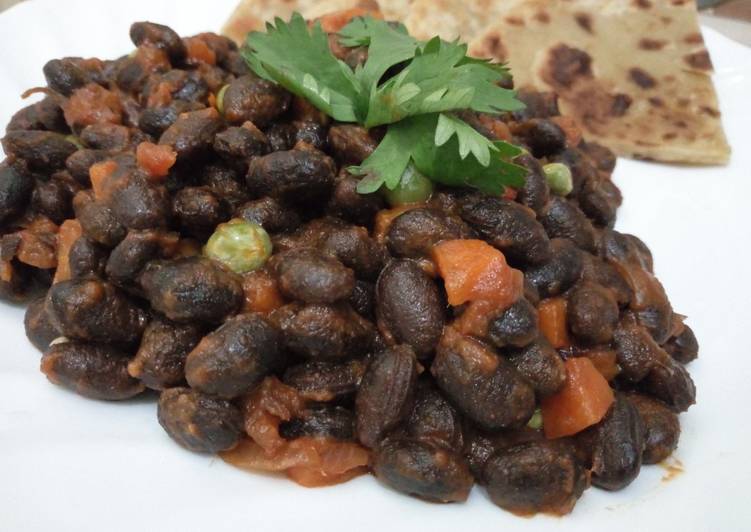
Hyacinth or Lablab Beans which are commonly known as black beans or ‘Njahi’ have a bad reputation in the legumes streets.
While their fellow legumes like beans and lentils are praised for their ability to fuse well with dishes like chapati and rice, Njahi has been unfairly compared to shattered dreams and disappointment. It’s in a plate of Njahi where dreams come to die critics have claimed.
However, we have a solution that will have you enjoying this nutrient-packed meal in no time. The solution is pretty much an open secret; lots and lots of onions. Just like other legumes Njahis thrive on onions and to make this meal even better add cumin spice, grated carrots, and dhania.

We are not saying that is going to taste like your favourite dish of fried chicken, but this makes the meal palatable and less ‘earthy’.
If you are still not convinced, we can look at some of the benefits of eating Njahi:
It’s a great source of fibre
Foods that are rich in fibre help in regulating bowel movements, aid in achieving healthy weight and control blood sugar levels. In addition, the protein in the beans leaves you feeling fuller for longer thus promoting weight loss as when your stomach is full you are unlikely to binge on unhealthy foods.
Source of several B-complex vitamins
It’s a source of vitamins like Thiamin which helps in nerve, muscle, and heart function, Pyridoxine which ensures that your nerves, skin, and red blood cells are in good condition. In addition, Njahi contains Riboflavin, folates, and Niacin.
Contain Potassium which lowers blood pressure and anxiety and ensures that the heart, brain, and kidneys function well. In addition, Potassium prevents Osteoporosis a disease that leaves your bones weak and brittle.
There you have it! Njahis for the win. Why don’t you whip up some Njahis this lockdown season?